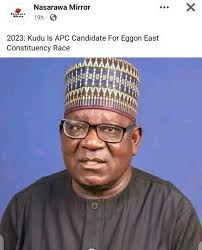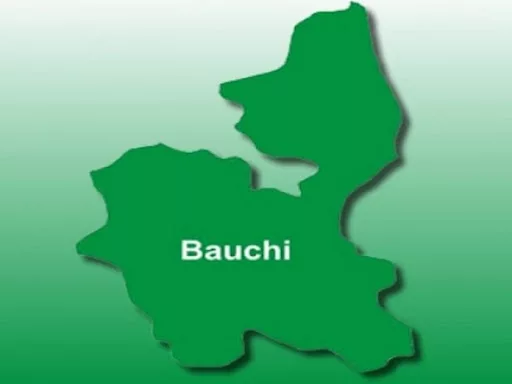The Comptroller-General of the Nigeria Customs Service (NCS), Adewale Adeniyi, has announced a major reform in the nation’s import duty structure. The NCS will scrap multiple existing levies and introduce a single, unified 4% Free On Board (FOB) charge on imports.
Speaking at a stakeholder town hall meeting held in Lagos on Monday, July 21, 2025, Adeniyi said the reform is aimed at simplifying trade processes, improving transparency, and enhancing revenue collection.
Under the new policy, the current 1% Comprehensive Import Supervision Scheme (CISS) and the 7% cost of collection levied on imports will be eliminated. In their place, importers will pay only a flat 4% FOB charge upfront.
“Once the 4% FOB charge takes effect, both the 1% CISS and the 7% cost of collection will be scrapped. No additional levies will be imposed,” Adeniyi confirmed.
He added that this unified charge aligns with provisions in the new Customs Act, stating that the entire revenue generated would be remitted directly to the Federation Account, ensuring a more transparent system.
This change forms part of broader reforms under the introduction of the B’Odogwu clearance platform—a locally developed digital system aimed at streamlining import clearance and boosting trade facilitation.
Stakeholder Reactions
Themed “Enhancing Trade Compliance and System Optimisation Through Stakeholder Engagement,” the town hall meeting drew freight forwarders, clearing agents, and other trade stakeholders.
While many attendees welcomed the simplified charges, concerns were raised about delays in system transitions, especially with banking processes and required documentation.
Deputy Comptroller-General of Customs in charge of ICT/Modernisation, Kikelomo Adeola, stressed the strategic importance of the B’Odogwu platform, describing it as a national project that will elevate Nigeria’s position in global customs digitalisation—particularly significant as Nigeria currently chairs the World Customs Organisation (WCO).
Saleh Ahmadu, Chairman of Trade Modernisation Project Limited (TMPL), reiterated the project’s readiness to invest in necessary infrastructure to support a seamless transition and improve trade experiences.
Looking Ahead
Panel sessions at the event covered key issues including “Overcoming Common Importer Challenges on B’Odogwu” and “Enhancing Transparency, Speed, and Revenue through Full Participation.” Participants also had the opportunity to raise concerns and seek clarification during an interactive Q&A session.
The unified 4% FOB charge is expected to eliminate arbitrary costs, reduce complexity in Nigeria’s import system, and significantly improve the country’s performance on global trade facilitation indices.





